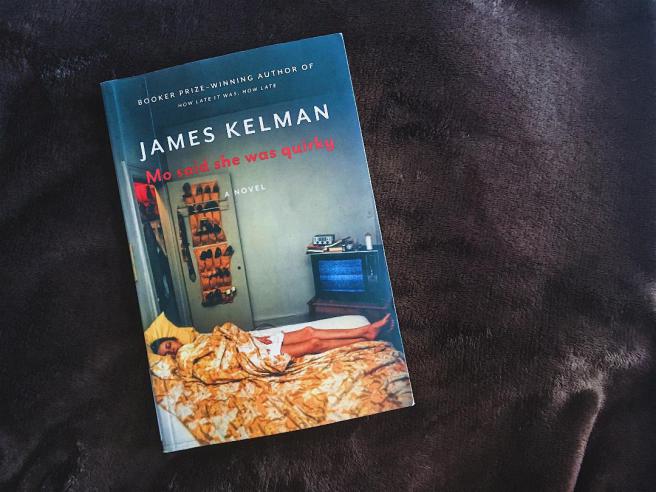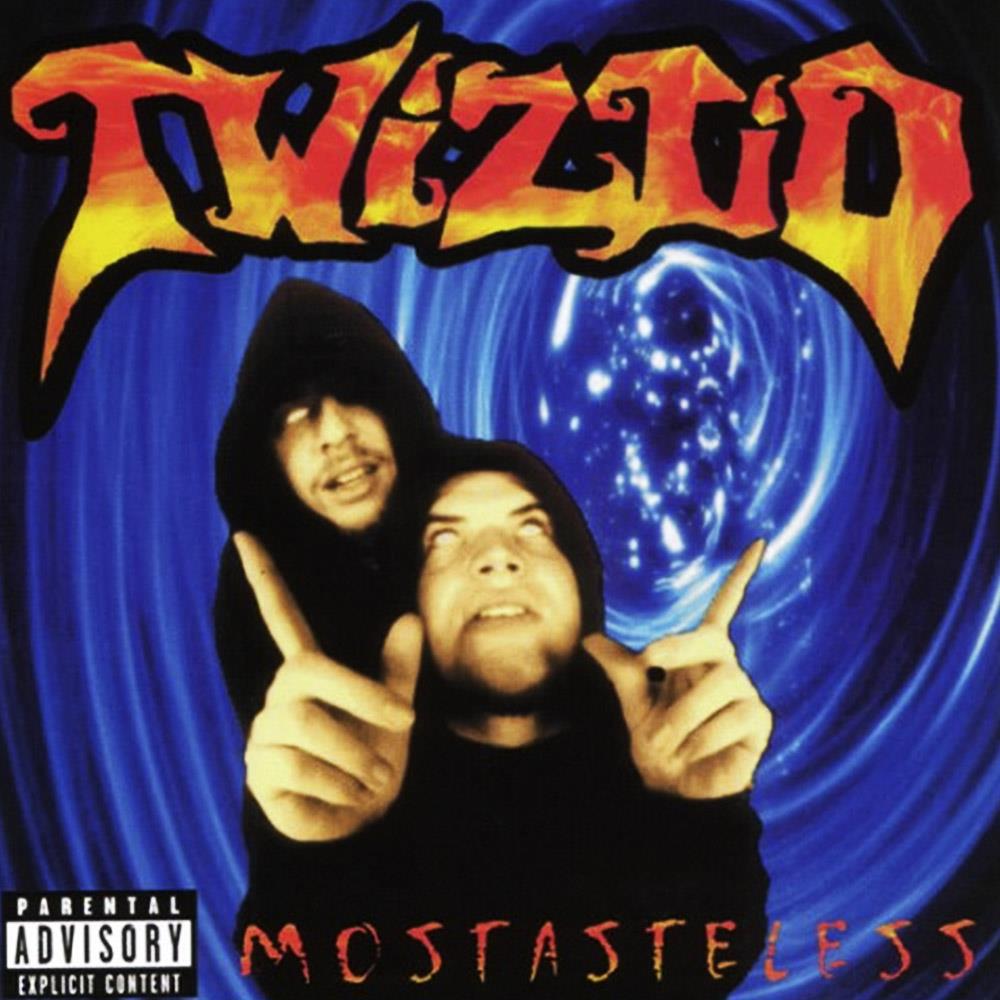
On my last library book binge, I consulted one of my many lists of “books I want to read”. This list in particular consisted of books listed on past syllabi for English classes that we unfortunately never got around to reading. Originally I was searching for James Kelman’s other well known novel, How Late It Was, How Late, but alas the tiny South Carolina beach town library I was searching didn’t have a copy available. Instead, I came across his 2012 novel, Mo said she was quirky, and was curious about the title. (For some reason, I was specifically drawn to the lack of capitalization in the title.)A brief description on the library’s website suggested that in this novel, Kelman allows the reader to experience life through the thought-process of Helen, a 27-year-old casino worker living in London with her 6-year-old daughter, Sophie, and her Pakistani boyfriend, Mo. One night on the way home from work, Helen sees a few homeless men and believes one of them to be her brother Brian whom she evidently hasn’t been in contact with for several years. The novel then goes on to delve into the confusing and unexplained twists and turns that make up Helen’s internal world.
As someone who wants to know what everyone’s experience of the world is like, I was immediately drawn to this concept. Even better, this novel suggested a protagonist who focused on seemingly mundane details or drew importance from details others might overlook or find insignificant – something else I thoroughly enjoy.
While this novel did offer all of this, it didn’t quite live up to what I expected or wanted from the text. That’s not to say I don’t think it was well-written. I think the way that Kelman chose to narrate Helen’s internal world is one of the only ways in which it would feel believable.
One of my initial hang-ups with the text was the break-neck pace Helen’s thoughts sometimes fall into. It’s so frantic and contradictory that I actually began to feel bad for Helen and could only imagine how exhausting it would be to have one’s inner monologue constantly going at this pace. For example, on page 33 while sitting at her kitchen table trying to get herself to get up and go to bed, the narration reads as,
“Morning light but shadows lingered. Shadows of our lives. A shadow of our life. What our lives are. Those shadows, into those shadows”
It almost reads as someone’s creative process, saying vague ideas, repeating words that are meant to be elaborations or explanations of those ideas, but instead end up seeming meaningless without any context or origin. This is sometimes how our inner monologue works though, there’s no need to add context when our brain already knows all the thoughts that lead up to this particular thought, and even to an extent, what thoughts are going to probably follow that particular thought.
As a reader, however, this can be frustrating. For instance, Helen repeatedly mentions “her ex” but rarely gives any real description of what her life was like with him, or the circumstances of her leaving, or anything really. What we get is the knowledge that he is Sophie’s father, and he and Helen did not have a very healthy relationship, but anything beyond that we can only speculate from Helen’s vague internal thoughts, or brief snippets of incomplete memories.
I would’ve really enjoyed getting to discuss this book in a classroom setting. It’s one of those novels that allows so many different possibilities depending on how a certain reader interprets a line or what their brain fills the spaces of vagueness with. Typically, we’re used to fully realized characters with at least some background information or detailed flashbacks to fill in the missing details. With Helen, we get the feeling that she’s fully realized, layered and complex, but it’s difficult to point to concrete passages as evidence for this.
Some questions I’d ask if I were reading this in a class: 1) Did Helen ever really see her brother, or was it just a random homeless guy whom she projected her brother’s identity onto which then brought up un-dealt with emotions from her past? 2) What the hell is up with that ending?
Personally, I don’t think it was really Brian that she saw in the beginning and following this, the man she approaches at the end isn’t him either. However, the fact that she mentions Brian having an untreated mental illness himself suggests that the man at the end could possibly be Brian and the resulting violence is a manifestation of this illness. Either way, Helen certainly seems like someone who could definitely benefit from talking with a therapist, or really anyone that can help her work through these clearly repressed issues from her past.
Overall, it wasn’t my favorite style of writing, but Kelman captured what the internal dialogue for an individual in Helen’s situation would sound like. Several reviews mention that this novel has Kelman’s “distinctive” style of writing. Being that this is the only Kelman I’ve read, I obviously wasn’t able to discern exactly what that voice was, but I look forward to reading some of his other works in the future to see if I can recognize it.
If you’ve read Mo said she was quirky, or anything else by Kelman, I’d love to hear your thoughts.
-K
Advertisements Share this:




